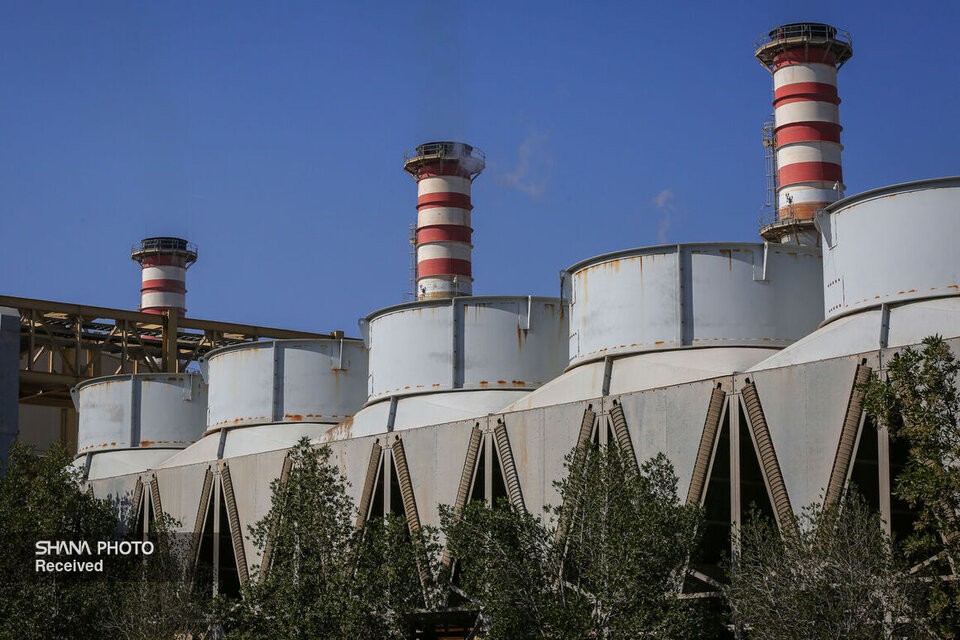In a report by the NIGC, Saeid Tavakoli detailed the company’s efforts to maintain gas network stability following recent attacks by the Israeli regime. He stated that about 73% of the country’s energy mix comes from natural gas, with a substantial amount allocated to power plants in the summer.
During the 12-day conflict, Iran’s gas infrastructure was targeted in multiple attacks, including strikes on the Phase 14 refinery in South Pars (Asalouyeh), the Fajr Jam refinery, export pipelines and some urban facilities, he said.
Tavakoli emphasized the company’s full preparedness for emergencies, noting that immediate and targeted measures were taken across the network to prevent any disruption in gas supply, particularly in major cities. According to crisis management reports and calls to emergency centers (194), over 6,000 critical operations were carried out, including valve adjustments, network stabilization, pressure control, cooling and firefighting. Some operations were completed in record time, meeting international standards.
He said the primary goal was to prevent gas leaks and mitigate threats if gas facilities were hit. “Thankfully, due to the relentless efforts of our teams across the country—especially in Tehran, which faced multiple attacks—necessary actions were taken swiftly and precisely.”
In closing, he thanked the public for their cooperation and other institutions for their support in maintaining the stability of the country’s energy network.


Your Comment